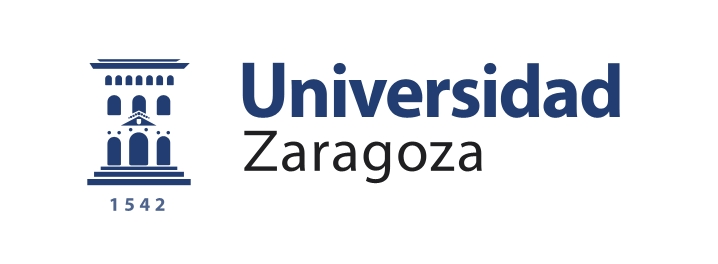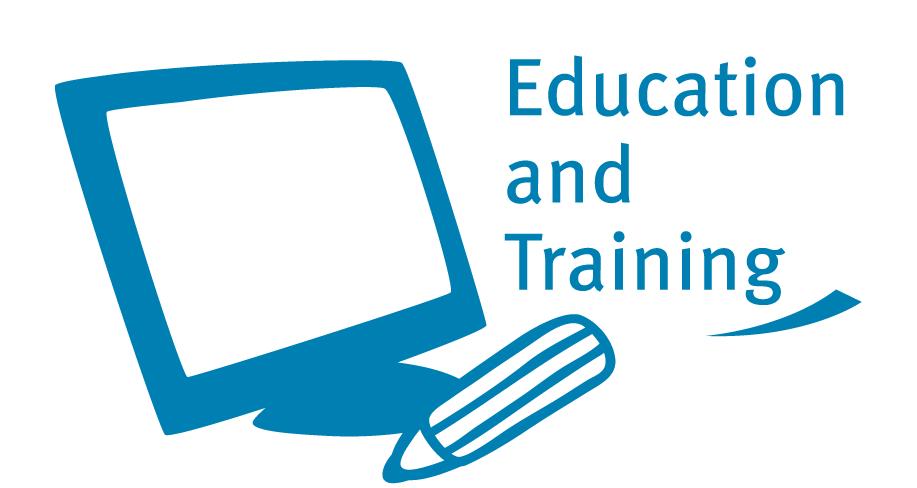Artifical Inteligence and Law
Mykolas Romeris University
|
||||
|
Learning outcomes |
Educational activities |
Estimated student work time in hours |
Assessment |
|
|
To understand possibilities and main application areas of artificial intelligence in law domain and present practically several examples of assistance systems in law |
Lectures. – Introduction to the artificial intelligence and application areas in law: Basic concepts. Main aims of developing artificial intelligence systems. History and development. Advantages, benefits and risks of development of AI systems. Introduction to main policies and strategies of legal regulation of AI systems. |
4 hours |
Students must do a written exam and a practical work -The grade is between 1 and 10, passing who obtains five points at least -The grade is the average of the written exam, the oral presentation of the practice and the written work on the practice, being indispensable to pass the written exam -The written exam consists on two questions about the program -The practical work consists on working with object oriented software for project management using Unifies Modelling Language UML in computer networked class. Evaluation and discussion of practical work results by group. The presentation of practical results. -The minimum extension of the written work on the practice is 5000 words |
|
|
Reading assignment on the lectures |
2 hours |
|||
|
Working in small groups with computer systems using Project management software package Magic Draw |
2 hours |
|||
|
Personal reflection of themes presented in the lectures |
5 hours |
|||
|
To classify the methods for artificial intelligence systems and services from different approaches |
Lectures – classification of artificial intelligence purposes, methods for representation of rational thinking methods, ontology and their creation methods |
2 hours |
||
|
Reading assignment on the lectures |
4 hours |
|||
|
Working in small group with computer system |
2 hours |
|||
|
Personal reflection of themes presented in the lectures |
5 hours |
|||
|
To create the components of ontology in law domain to search and retrieval the adequate information on web based ontologies |
Lectures.-Analysis and evaluation of structural representation of data, information, knowledge and processes. Semantic relation between concepts. Possibilities of creation components of ontology and semantic web services. Functions of working dictionaries in law areas. Bases for an analysis and evaluation model. Documenting the environment and the socio-political and juridical frames. Analysis and evaluation of the portals and services. Case study.
|
2 hours |
||
|
Reading assignment on the lectures |
4 hours |
|||
|
Working in small groups with computer systems |
2 hours |
|||
|
Personal reflection of themes presented in the lectures |
8 hours |
|||
|
To know the basic principles and constructions of decision support systems in law domain |
Lectures.- Decisions as alternative evaluation methods. Goals representation models. Normative aspects; basic principles DSS. Data flow representation models. Representation of rules. Activities representation models. Decision support by using integrated data – bases. |
4 hours |
||
|
Reading assignment on the lectures |
8 hours |
|||
|
Working in small group with computer systems |
8 hours |
|||
|
Personal reflection of themes presented in the lectures |
10 hours |
|||
|
To know the state of development of the artificial intelligence systems and services with the aids of the ICT |
Lectures.-Expert systems examples. Systems for preparation legal acts and analysis. Systems for recognition speech, finger prints, photos, visions |
4 hours |
||
|
Reading assignment on the lectures |
9 hours |
|||
|
Working in small group |
5 hours |
|||
|
Personal reflection of themes presented in the lectures |
5 hours |
|||
|
15 panels on presentations of different cases of electronic government |
20 hours |
|||
|
Preparation of the final written report |
10 hours |
|||
|
Preparation of the final exam |
10 hours |
|||
| 135 hours |
100% |
|||




















